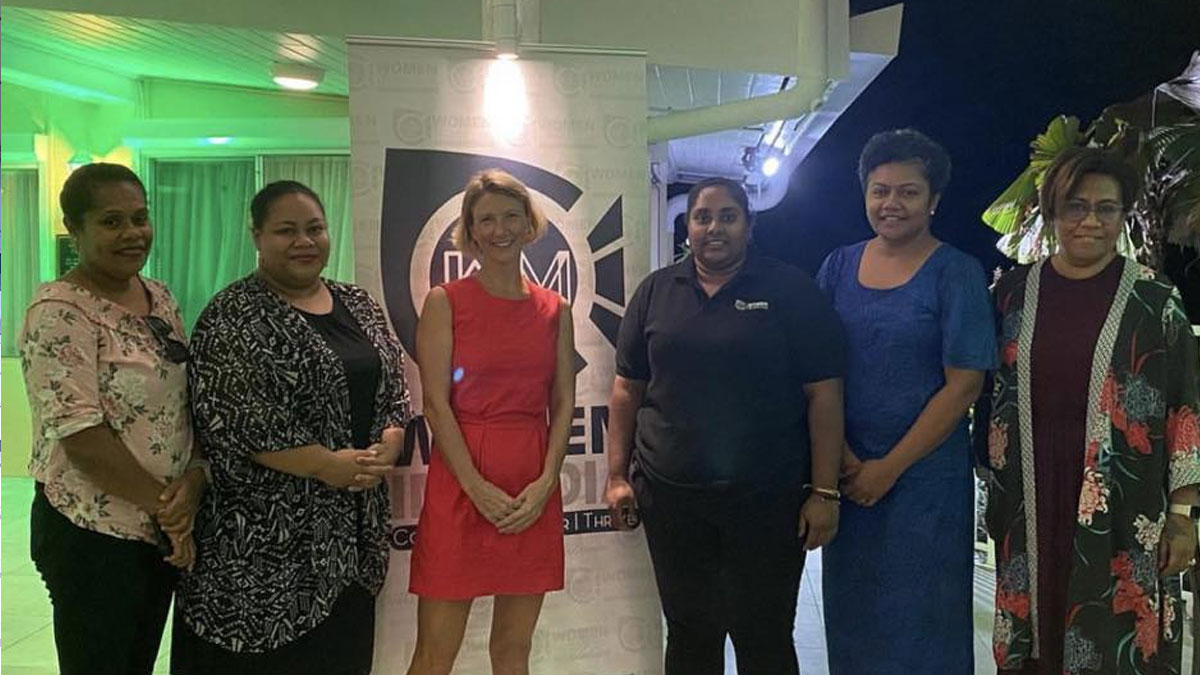
Women in Media panelists say it is not easy to have a thick skin when working in the media industry due to the types of stories they cover and places they visit but they say they need to have the strength and support to motivate each other.
While speaking on a mental health discussion organized by the Fijian Media Association’s Women In Media, Communications Fiji Limited Senior Journalist, Rashika Kumar says being a journalist is not easy and not a smooth ride as the things we cover will affect us such as sensitive court stories and political stories.
She says covering the elections was stressful and difficult as the company was targeted by some politicians and she was also a victim of online harassment after a politician posted her photo.
Kumar says she also overcame challenges by talking to people in the newsroom virtually during the pandemic, engaging in physical activities, and getting motivation and support from News Director Vijay Narayan.
Reflecting on her experiences, former journalist and communications and development consultant, Ana Laqeretabua says it is very important to support one another and overcome challenges through difficult times.
The former journalist also says it is important to reflect to navigate a lot of things they do in life and they should be kind to themselves.
Fiji Times photographer, Sophie Ralulu says she has been in the media for more than 15 years and most of the time she is the only photographer in the field and the comments passed are not good.
She says sometimes it is very scary and sad but motivation from her colleagues and her hard work is what makes her brave and strong.
Fiji Sun journalist Wati Talebula says it was heartbreaking for her when she was sworn at online because of a story she did and she was also threatened by people with a cane knife while covering a sensitive issue.
Talebula encourages people to talk to their colleagues and share their challenges to relieve their stress and stay motivated rather than taking problems to their families.
Meanwhile, Psychology Discipline Coordinator at the University of the South Pacific Doctor Annie Crookes says media organizations must have protocols in place to help and support employees, facilitating peer mentoring sessions for those who are exposed to trauma and solving issues with counselors.
Crookes says organizations should also show pro-active support for reporters online, particularly in the face of harassment and team leaders to have roles in fostering help and support, reducing the stigma around mental health, and constantly reporting about mental health issues.
Stay tuned for the latest news on our radio stations


